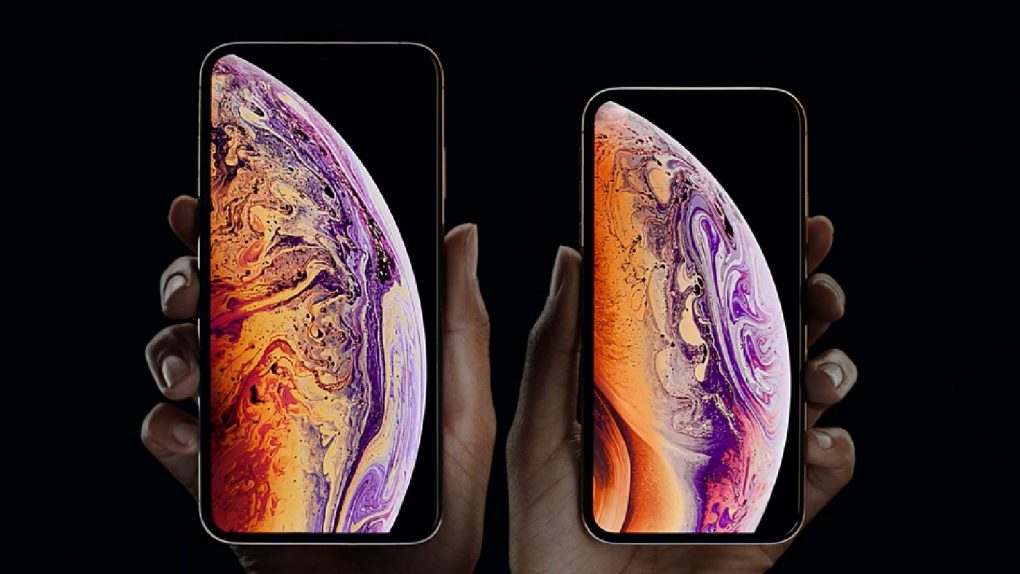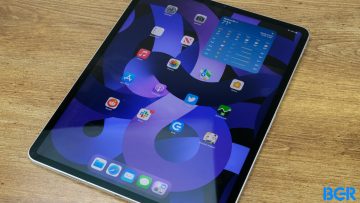According to reports trickling in from around the internet, some iPhone XS and iPhone XS Max users are seeing worse cell and Wi-Fi reception on their new devices than they did on previous phones. That’s both worrying and a little confusing, on the face of it: The iPhone XS and XS Max both feature LTE-Advanced technologies that should make the cellular connection much faster, not slower.
Reports from Apple’s support forum and Reddit both point to widespread problems, although it’s not something that every user is seeing. It’s also not a consistent bug, which may make the problem more difficult to pin down. The one thing that is consistent, however, is that reception on cellular and Wi-Fi networks is worse than on older iPhone models including the iPhone X and iPhone 8.
“XS Max T-Mobile. Seeing an inconsistent 35-50% speed decrease compared to my Pixel 2 and even my SE. Service in my home is usually 50-60 down but seeing above 30 isn’t happening with this one. Kinda disappointed,” wrote one user on Reddit. “I have had an iPhone X before upgrading the Xs Max this past week and I have had significant degradation in both WiFi and Data speeds over T-Mobile, said another user on Apple’s forums. “I have dropped reception/signal now in places where I had no issues on the iPhone X.”
The fact that users are seeing issues with both Wi-Fi and cellular could indicate that the problem is in the iPhone’s antennas or the firmware that controls them. Adding to that theory is an article posted by WiWavelength using data from the iPhone XS’s FCC testing, which shows that the new iPhones have a lower radio signal output than older iPhones, or most other cellphones on the market for that matter. A low RF output would (in theory) only effect the transmission from the device, not the speed of data received, but the low readings could be indicative of a wider problem with the iPhone XS’s antennas.
It’s a frustrating problem because other tests have shown that the iPhone XS has much faster LTE speeds than the iPhone X when used on the right cell network. The iPhone XS and iPhone XS Max both support 4×4 MIMO and LAA, two LTE-Advanced technologies that can make the connection much faster and the network more efficient. However, the use of those technologies relies on having a sufficient cell signal in the first place, and that’s where the new iPhones appear to be lacking.
Apple has not yet made a statement on the issue.










